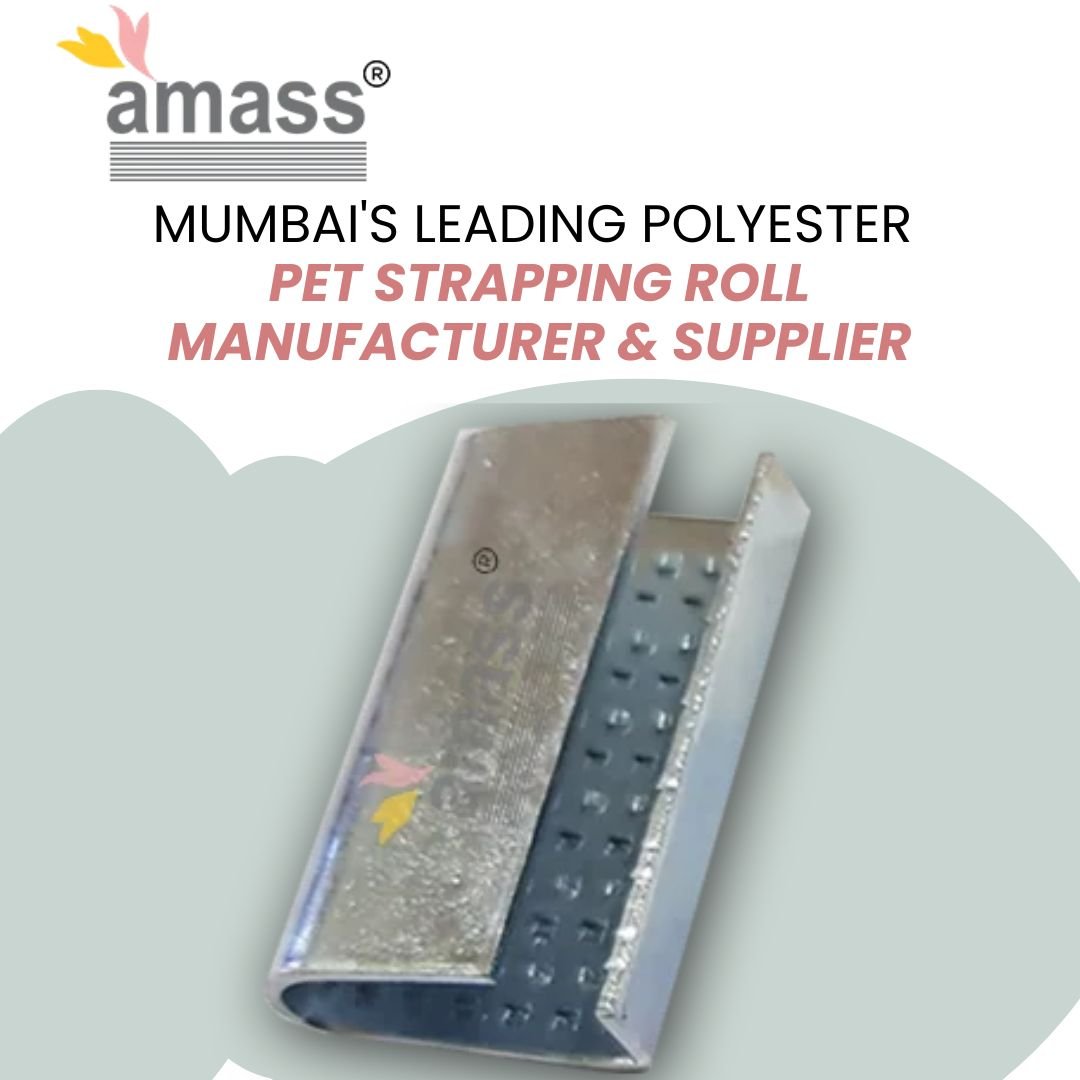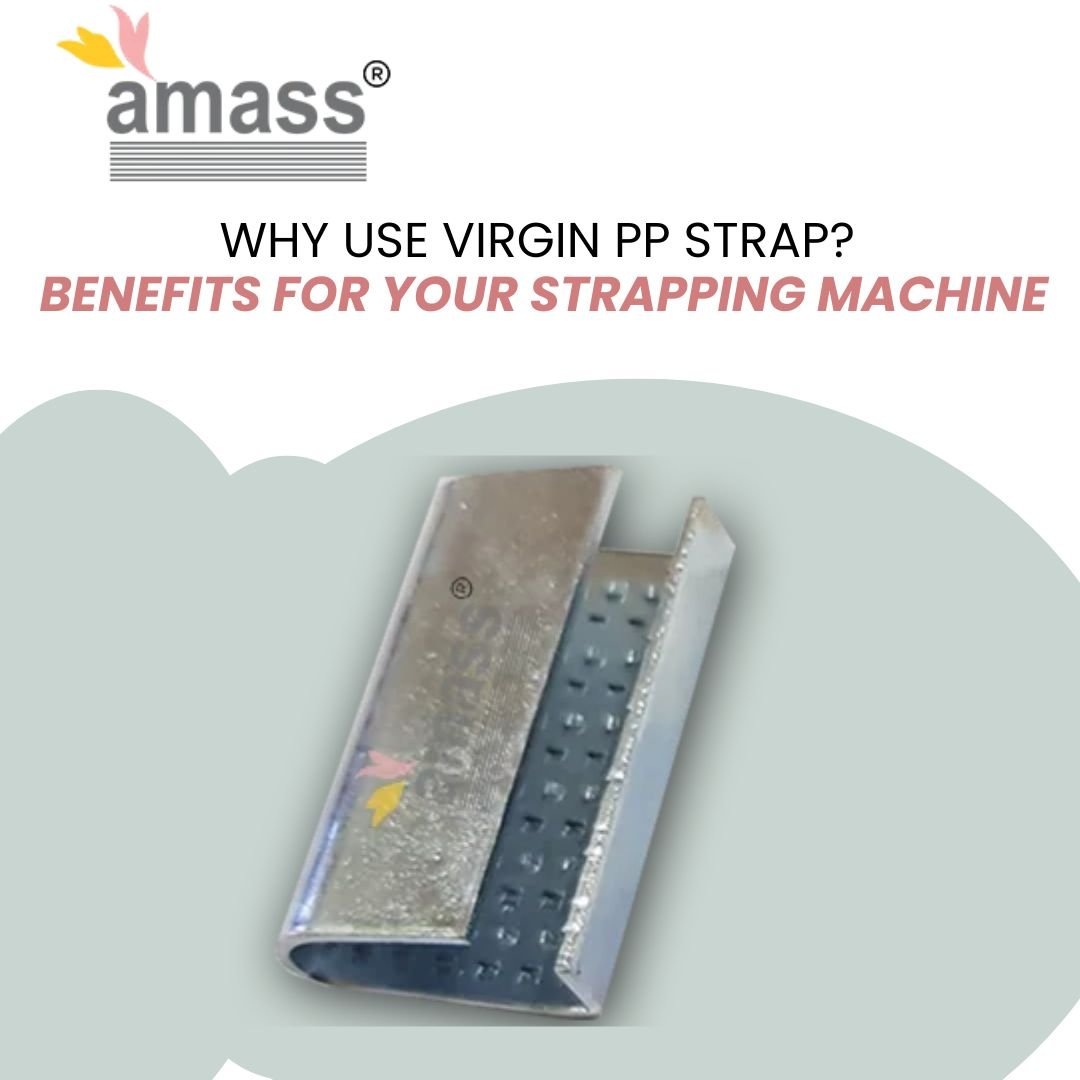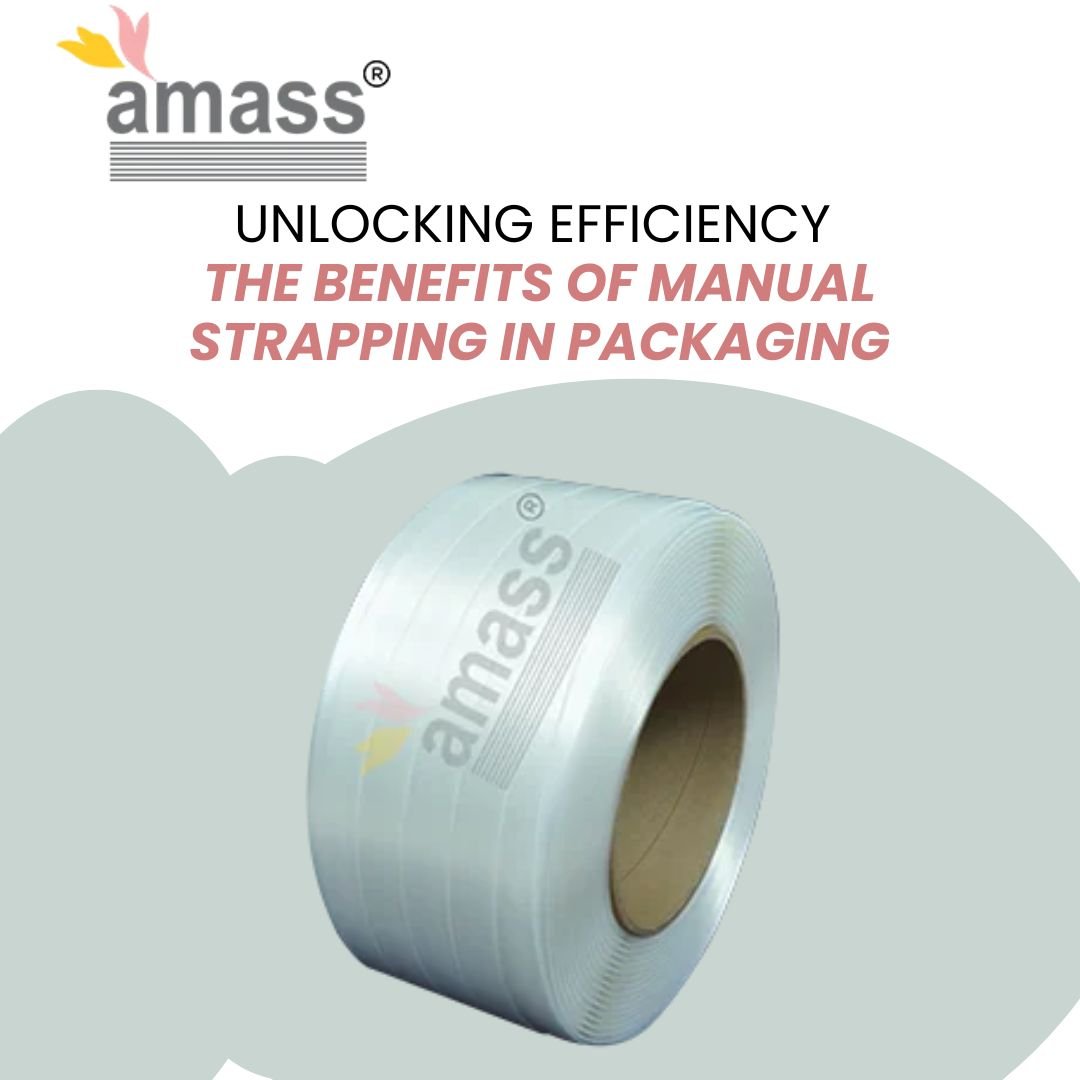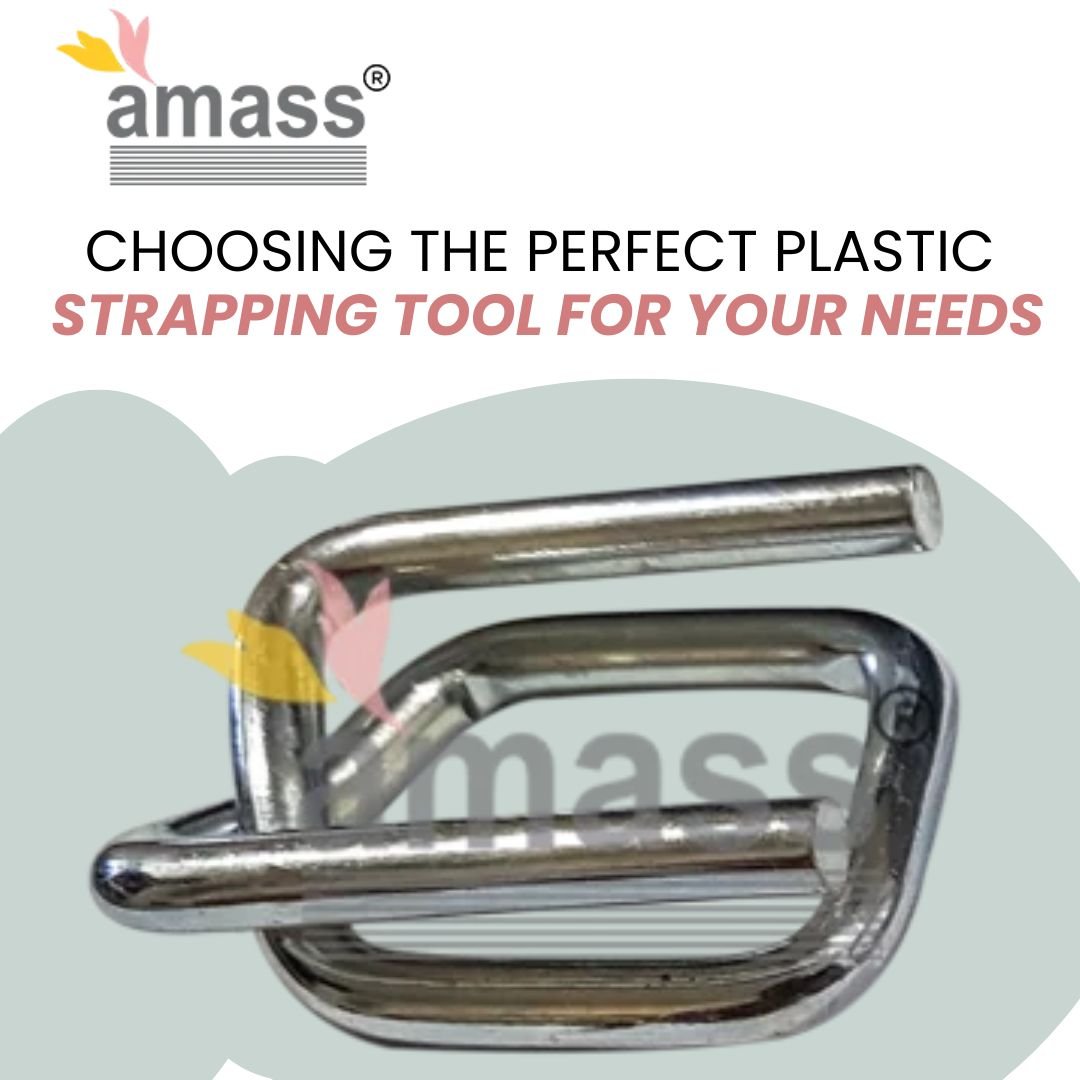Mumbai’s Leading Polyester PET Strapping Roll Manufacturer & Supplier

Unlocking Efficiency: The Benefits of Manual Strapping in Packaging
July 22, 2025
Leading PP Strap Roll Manufacturer in India | Automated Packaging
July 24, 2025The $885 Million Packaging Revolution Mumbai Refuses to Miss
Here’s what most packaging managers don’t realize: the global PET strapping market will hit $1,443.7 million by 2033, driven by one brutal reality—traditional steel strapping is bleeding companies dry through transportation costs and handling inefficiencies. While competitors chase yesterday’s solutions, Mumbai’s manufacturing corridor has quietly positioned itself as the nerve center for polyester PET strapping innovation.
The numbers don’t lie. The PET strapping market jumped from $724.8 million in 2024 to an expected $885.8 million by 2030—a 3.4% CAGR that represents more than growth. It represents industrial evolution.
The Physics of Superior Performance
Polyester is the most durable plastic strap, frequently used for heavy loads that necessitate a high level of tension during handling, transport, and storage. But here’s where most suppliers miss the mark: durability without intelligence is just expensive waste.
Advanced PET strapping technology delivers what steel can’t: corrosion resistance, high shock absorption ability, recyclability, high tensile strength, tear resistance, and elasticity in a package that weighs 85% less than metal alternatives.
The Mumbai Advantage: Manufacturing Excellence at Scale
Mumbai’s industrial ecosystem creates something unique—proximity to raw material supply chains, skilled technical workforce, and port access that slashes logistics costs. PET strapping is lighter in weight, reducing transportation costs and improving handling efficiency, but only when manufactured with precision engineering that Mumbai’s leading facilities deliver.
Consider this: while global manufacturers struggle with consistency, Mumbai-based operations leverage decades of polymer expertise to produce strapping that maintains superior tensile strength and reduced elongation, ensuring enhanced load stability during transit.
Why Smart Procurement Teams Choose PET Over Everything Else
The shift isn’t just about cost—it’s about total operational intelligence:
- Impact Resistance That Actually Works: PET Straps are impact resistant and anti-slit, designed not to break under real-world stress scenarios.
- Sustainable Without Compromise: PET strapping is a preferred alternative to steel and polypropylene strapping because of its high tensile strength, durability, and recyclability.
- Performance Under Pressure: PET straps provide high tension, can hold that tension for an extended period and have excellent stretch recovery—critical for shipments crossing multiple climate zones.
The Technology Behind the Transformation
Technological progress in strap manufacturing has been instrumental in driving the growth of the polyester straps market. Mumbai manufacturers understand this isn’t just about extruding plastic—it’s about engineering molecular-level performance.
The manufacturing process involves stretching steps with a specific stretch ratio, where precision determines whether you get industrial-grade reliability or expensive disappointment. Leading Mumbai facilities invest in controlled stretching technology that optimizes polymer alignment, creating strapping that outperforms specifications under real-world conditions.
Market Forces Reshaping Industrial Packaging
The PET strap market is driven by significant expansion of wood, paper, food & beverages, and textile industries—sectors where Mumbai maintains manufacturing leadership. This convergence isn’t coincidental; it’s strategic positioning.
Smart buyers recognize that in all operations of the supply chain, the safety of cargo is viewed as the most important part during transit. Mumbai’s leading PET strapping suppliers understand this pressure and engineer solutions that eliminate the compromise between cost and reliability.
The Competitive Intelligence Gap
While international suppliers focus on volume, Mumbai’s premier manufacturers solve for outcome. This material provides superior tension retention and shock absorption, making it ideal for securing cargo. Additionally, it is rust-resistant, fungus-resistant, and damage-resistant, making it a more cost-effective choice than alternatives like wire rope, steel chain, and PP rope.
Choosing Your Manufacturing Partner: The Strategic Decision
The PET strapping market isn’t just growing—it’s consolidating around suppliers who understand that industrial packaging success depends on three non-negotiables: consistent quality, technical innovation, and supply chain reliability.
Mumbai’s manufacturing advantage combines all three: established polymer processing expertise, proximity to key industrial markets, and manufacturing scale that delivers premium products without premium pricing.
When procurement teams evaluate suppliers, they’re not just buying strapping rolls—they’re investing in operational continuity. The leading Mumbai manufacturers understand this responsibility and engineer their solutions accordingly.
The Bottom Line on Performance
The polyester strap for manual grade market is projected to reach $1.29 billion by 2030, driven by companies that refuse to accept packaging failures as inevitable business costs.
Smart industrial buyers recognize that superior PET strapping isn’t an expense—it’s operational insurance. Mumbai’s leading manufacturers don’t just produce strapping; they engineer confidence into every supply chain they touch.
For procurement teams serious about packaging performance that delivers consistent results, Mumbai’s premier PET strapping manufacturer combines decades of polymer expertise with modern manufacturing precision. Contact the team that transforms packaging challenges into competitive advantages.




